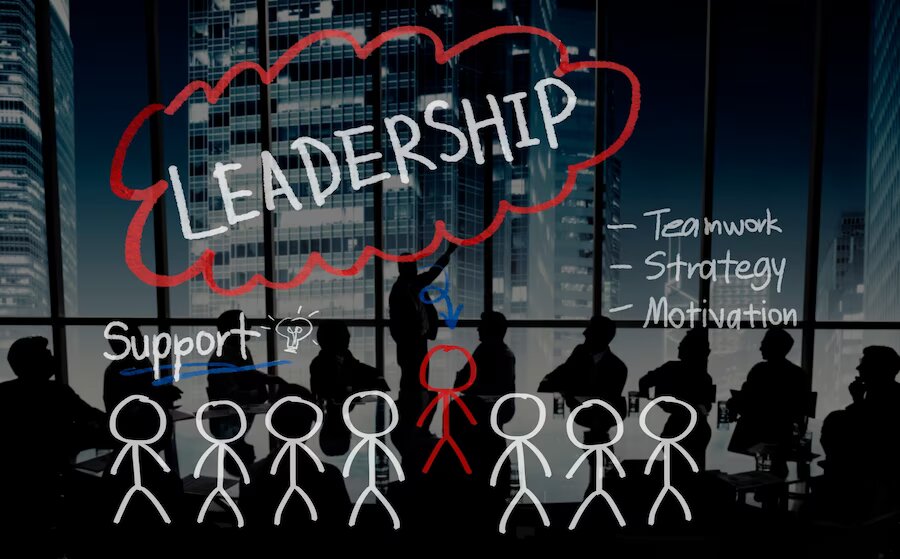Become An Expert In Business Leadership
4 Mins Read
Published on: 23 May 2023
Last Updated on: 14 October 2024

toc impalement
Becoming an expert in business leadership requires a combination of knowledge, experience as well as practice. To gain the necessary knowledge start by reading books and articles on the subject. Look for resources that focus on topics such as communication, problem-solving, decision-making, and team building. Consider taking courses like the MBA degree program or attending seminars to learn more about business leadership.
Once you have a good understanding of the fundamentals it’s time to put your knowledge into practice. Start by volunteering to lead projects at work or in your community. This will give you the opportunity to hone your skills while gaining valuable experience. As you gain more experience look for ways to expand your network and connect with other leaders in your field. Stay up-to-date on industry trends and best practices so that you can continue to grow as a leader.
Identify Opportunities For Growth And Expansion
As a business leader, it is important to identify opportunities for growth and expansion. One way to do that is by staying up to date on industry trends and market changes. This will help you understand what new products or services may be needed as well as what existing products or services may need to be improved upon. Staying informed about your competitors can help you identify areas where you can differentiate yourself from them and gain an edge in the market.
It’s also important to look for ways to make your business more efficient. This can include streamlining processes, automating tasks, and investing in technology that helps improve productivity. It is important to create a culture of innovation within your organization by encouraging your employees to propose creative solutions and ideas that foster growth and expansion. As a business leader taking these steps will help you identify opportunities for growth and expansion.
Develop Your Own Leadership Style

Developing your own leadership style is a process that requires self-reflection and practice. Start by understanding the different types of leadership styles such as autocratic, democratic, and laissez-faire. Consider which type of style best suits your personality and goals. Then, think about how you can use this style to motivate and inspire others. For example, if you are an autocratic leader you may want to focus on setting clear expectations for team members and providing them with direction. If you are a democratic leader you may want to focus on creating an environment where everyone’s opinion is valued and respected.
Practice your leadership style in real-life situations. Observe how people respond to your decisions and adjust accordingly. As you gain more experience leading teams or organizations continue to refine your approach until it becomes second nature. With time and effort, you will be able to develop a unique leadership style that works for you and those around you.
Master Interpersonal And Communication Skills
Mastering interpersonal and communication skills is essential for success. To start, it’s important to be aware of your own body language and how it can affect the way you communicate with others. Make sure to maintain good eye contact, use open gestures, and keep your posture relaxed and confident. Practice active listening by paying attention to what the other person is saying and responding in an appropriate manner. This will help build trust between you and the other person.
It’s also important to be mindful of your tone when communicating with others. Speak clearly and confidently while avoiding any aggressive or condescending tones that could come off as disrespectful or unprofessional. Make sure to be respectful of other people’s opinions even if they differ from yours. This will show that you are open-minded and willing to consider different perspectives which can help foster better relationships with colleagues or clients.
Embrace Risk Taking And Evaluate Outcomes
As business leaders, taking risks and measuring results are critical to staying competitive. Taking risks is beneficial because it allows companies to explore new opportunities and drive innovation. However, it is also important to weigh the potential risks and benefits of any decision before taking action.
To achieve this leaders must consider the potential costs and benefits of each option – as well as the likelihood of success or failure. They should assess their skills and resources to determine their ability to manage the risks associated with a particular decision. Once decisions are made leaders should closely monitor progress and adjust strategies accordingly. This ensures that the risks incurred are effectively managed and the desired outcome is achieved.
Read Also:


















Comments Are Closed For This Article